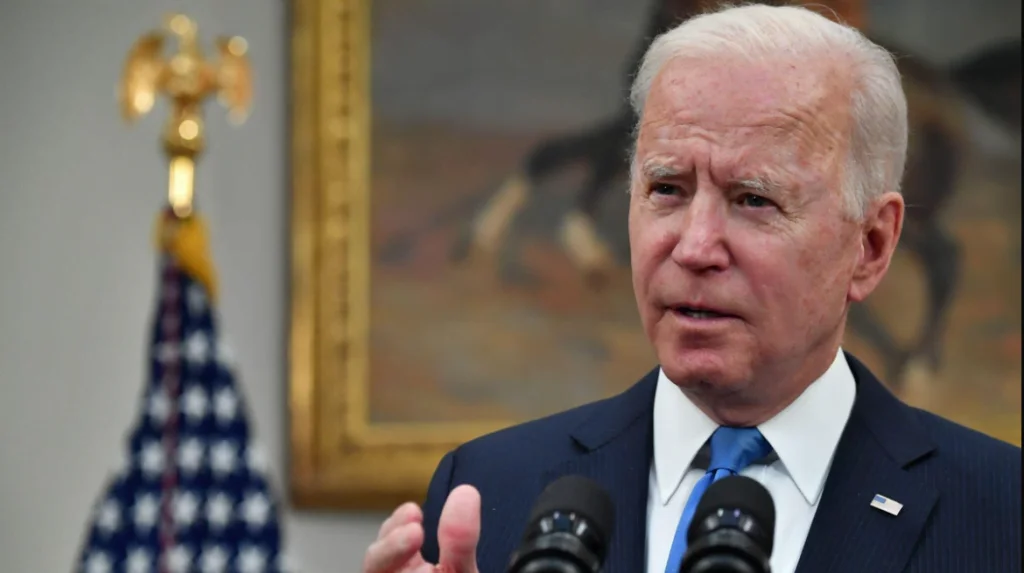An investigation into possible Russian involvement in the ransomware assault is underway, as hackers seek $70 million in bitcoin and claim a major U.S. strike. Vice President Joe Biden is leading the investigation.

A group of Russian-speaking hackers have claimed responsibility for a massive ransomware attack that took place over the holiday weekend, affecting 200 U.S. companies and a whole lot more around the world.
The group is demanding $70 million in bitcoin in exchange for the restoration of the businesses’ data, making it the most severe cyberattack to hit the United States this year.
US Vice President Joe Biden said that businesses would look into the possibility of Russian participation in the attacks.
After wiping out one-fifth of U.S. beef manufacturing, the ransom was posted on Sunday on a weblog normally used by REvil, a significant Russian-language ransomware group that recently extorted $11 million from JBS, the world’s largest meat processor, after wiping out one-fifth of U.S. beef manufacturing.
The organisation claimed responsibility for a ransomware attack—in which hackers encrypt a customer’s information and demand payment for the key required to unlock it—that took place on Friday and it claims has impacted more than 1 million computer systems.
This weekend’s attack, which has impacted at least 200 U.S. companies as well as a large number of Swedish supermarkets, was carried out by hackers who gained access to Kaseya, a Miami-based information technology company, and used that access to infiltrate its customers’ computer systems.
President Joe Biden, who is under increasing pressure to deal with the growing cyberattacks, ordered intelligence firms to investigate the incident on Saturday, according to reports.
Biden said that police are “not sure” who is responsible and are “undecided” as to whether or not the Russian government is involved in the incident or not.
In their first face-to-face meeting in June, Biden cautioned Russian President Vladimir Putin about the dangers of targeting U.S. infrastructure and promised to respond if any more hacking occurred.
Key Background Study
Recently, the United States has been the target of a slew of severe cyberattacks, many of which have been attributed to groups thought to be headquartered in Russia or to have connections to the government.
The FBI accused REvil, the organisation claiming responsibility for this latest attack, of carrying out an attack that destroyed 20 percent of the nation’s beef-producing capacity in a previous attack.
DarkSide, another hacking group suspected to have Russian ties, launched an assault on Colonial Pipeline in May, resulting in fuel shortages on the East Coast when the main pipeline was knocked out of commission for several days.
The federal government was in a position to recoup the lion’s share of the ransom money paid for the hack, which totalled $4.4 million and totalled $2.3 million.
At the beginning of this year, a severe security breach in the SolarWinds Orion IT management platform rendered many government agencies, technology corporations, and cybersecurity organisations vulnerable to Russian hackers.
What to Keep an Eye Out For
Paying the ransom demanded by hackers is a contentious issue. However, many authorities, including the FBI, have long argued that paying a ransom promotes further crime and that those who do so do not get a key to decrypt their information.
